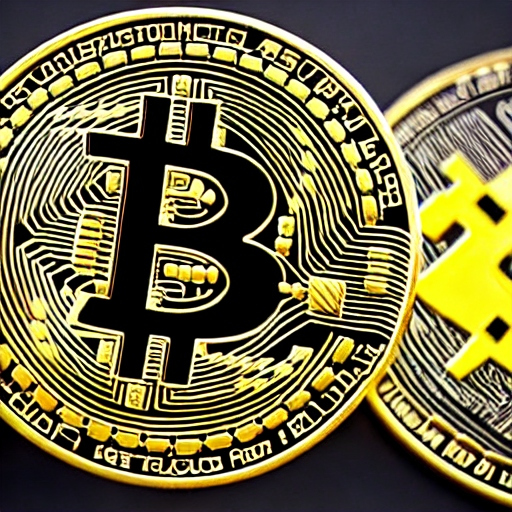The announcement by Hong Kong’s securities regulator that certain crypto assets will be available for retail trade beginning June 1 caused cryptocurrency prices to rise on Tuesday.
According to Coin Metrics, Bitcoin increased 1.7% to $27,293.64. Throughout May, the biggest cryptocurrency struggled to break beyond $30,000 but maintained around $25,000, trading in a narrow range. To $1,851.91, ether increased by about 2%.
Hong Kong’s Securities and Futures Commission said late Monday night that ordinary investors would be able to trade specific crypto assets on licensed trading platforms starting in the coming month. The decision marked the conclusion of a call for public feedback it issued in February on its proposed regulatory measures around retail trading in cryptocurrencies. The action was widely anticipated.
The new regulations are a part of Hong Kong’s larger push to establish itself as a leading cryptocurrency hub. This goal contrasts sharply with China’s ban on cryptocurrency trading in 2021 and the unfriendly regulatory environment in the U.S. towards cryptocurrencies following the demise of FTX.
The market won’t suddenly experience a surge in retail purchasing power at the start of June as a result of this news. However, Noelle Acheson, an economist and the creator of the Crypto is Macro Now newsletter, predicted that there would be a volume increase in June.
OSL and Hash Blockchain, two digital asset platforms that Hong Kong’s Securities and Futures Commission has already licenced, are probably already engaged in active trading abroad, according to Acheson.
Hong Kong’s efforts to establish itself as a center for cryptocurrency have been characterized as “pretty aggressive” by Owen Lau, an analyst at Oppenheimer.
It will keep the public interested and entice more businesses to open offices in Hong Kong, he said. Although the exact effect is difficult to predict, it has a long-term impact on talent and capital flow.
Even though there hasn’t been much of a price change, the news comes at a time when there aren’t many significant drivers for the market and trading has slowed. Moreover, just as bitcoin was beginning to trade more in line with gold, it has resumed acting like a risk asset again as investors watch the debt ceiling negotiations and rate hike prospects rise.
With losses of 7.6% and 3.1%, respectively, bitcoin and ether are on track to have their worst month of 2023. After closing the first quarter up 71%, Bitcoin is now down 4.5% for the year. Ether is up 1% after posting a 52% increase in the first quarter.








